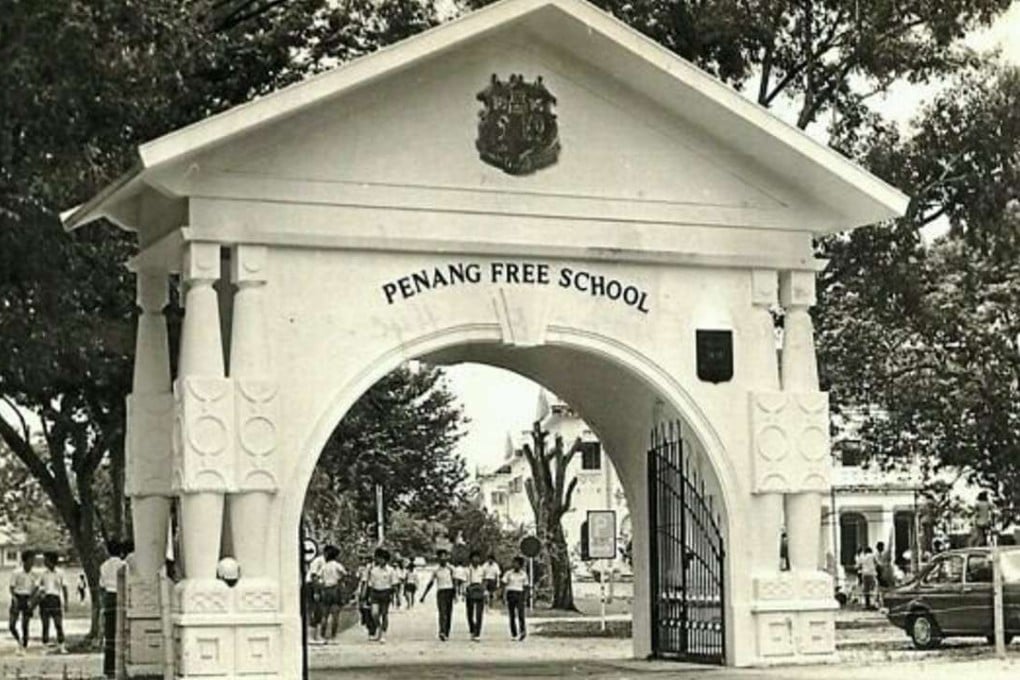How one Malaysian school became a bright spot in colonialism’s dark legacy
N. Balakrishnan celebrates the founding two centuries ago of Southeast Asia’s oldest English school, which gave generations of youth an education not just of the mind, but also of the heart

Neither of my parents knew any English. The reason I can write passable English is down to the schools I attended in Penang, Malaysia. Penang Free School, my secondary school, celebrates its 200th anniversary on October 21. It was established three years before modern Singapore was “founded” by Stamford Raffles, and is the oldest English school in Southeast Asia.
The school’s storied history reminds me of the Janus-faced nature of British colonialism in this part of the world. One article of faith since my youngest days has been that colonialism is an evil system. Today, however, I realise colonialism has its merits; it moulded me and many generations in Malaysia in more ways, both positive and negative, than we would like to admit.
The founder of Penang Free School, English clergyman Robert Sparke Hutchings, who died of malaria in his 40s in Penang, proved that not all who worked for the East India Company were exploiters. He seemed a farsighted man, who wanted to ensure the school was free of religious control.

Minority voices have been saying that the old school was a colonial relic best forgotten. But while the school may have been “elitist” in one sense, it was also an avenue for social mobility for many. It also taught us the quaint notion that duty and team spirit are more important than “winner takes all” individualism. As one classmate and good friend said, the school was built to produce the self-sacrificing civil servants needed to keep the empire going, except that the empire it was meant to serve collapsed but the school kept churning out students with character anyway.
The result is that Free School boys, particularly the Chinese and Indian Malaysians among them, can be found scattered around the world, since opportunities became narrow in the modern Malaysia of ethnic preferences.